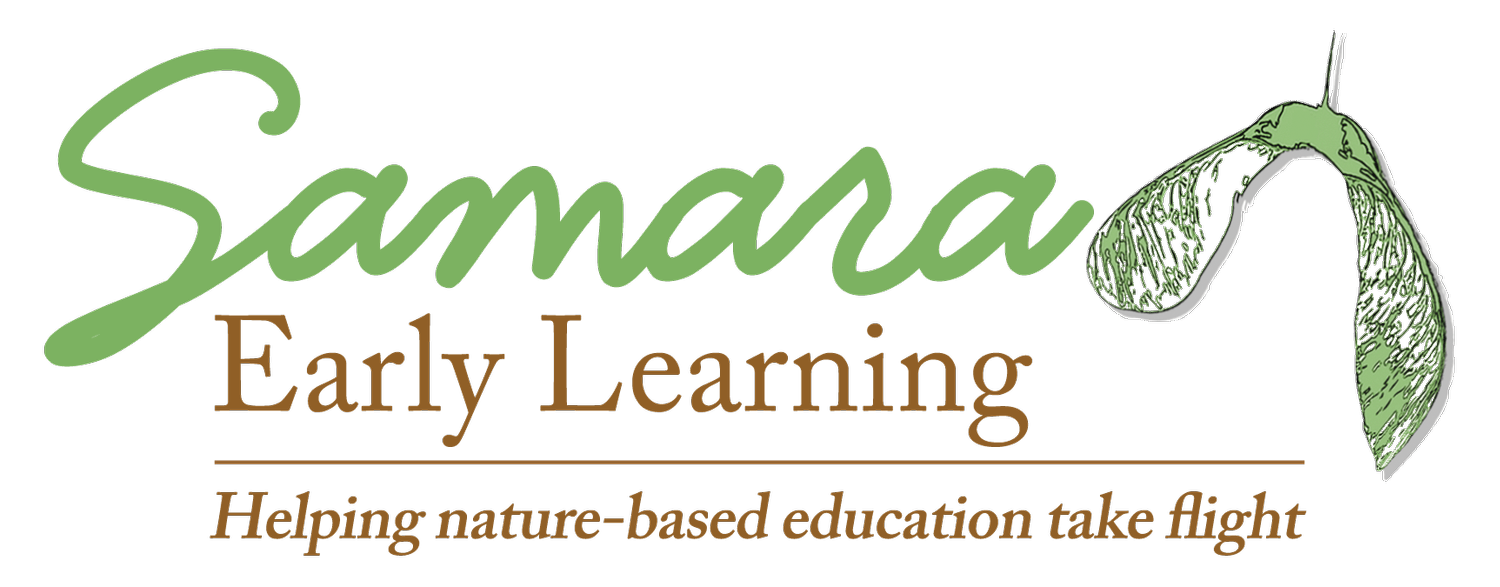Opportunity shop
This post originally appeared in Dr. Rachel A. Larimore’s weekly Samara newsletter on October 24, 2023. If you’re interested in receiving these emails, scroll to the bottom of this page to subscribe.
Tania: “I find the best storytelling tools at the Oppy Shop. Oh, I suppose you’d say thrift store in the U.S.”
Me: “Did you say ‘Oppy Shop’?”
Tania: “Yes, as in ‘Opportunity Shop’”
Me: “That’s brilliant! It’s like they’re named especially for early childhood educators!”
That was a conversation between Tania Moloney, of Nurture in Nature, and me last week during her “Nature-Inspired Storytelling” webinar inside The Grove.* This was one of those moments that reminds me how I always learn something new and fun when I connect with educators from around the world.
I was so excited to hear that thrift shops are called “Opportunity Shops” in Australia. From the early childhood perspective, could there possibly be a more accurate name?!!
Opportunity shops (also known as thrift shops, resale shops, etc.) are one of my favorite places to shop for nature-based early childhood play supplies.
Now, you may be thinking, “But they’re full of manufactured materials!” Yes, they are. And nature-based play spaces are richer when there is a mix of open-ended natural and manufactured materials.
A few examples of the rich opportunities you can provide children from materials at the Oppy Shop:
A potato masher could become a mud squisher in the outdoor play area, a paint plopper in the outdoor or indoor classroom, or a rain cloud as children pour water through it while playing at the water table
A jewelry box might become a box for collecting maple seeds (a.k.a., samaras 😉) or maybe for teachers it becomes a place to hide and then reveal a prop announcing a special surprise
A bedsheet might become a tool to place under a shrub and catch the insects that come off when the shrub is shaken or maybe a giant canvas for an outdoor painting project
Spoons could be used for mixing, digging, or even carrying small insects.
And the truly amazing thing about materials like these is you don’t have to know how they’ll be used. Children will show you. In fact, I assure you they will show you ways to use materials that you never thought were possible!
That is the power of open-ended materials–children will make them into what they want and need.
One of my other favorite shops to find loose parts is the hardware store, but I’ll save that for another email. For now, whether you’re new to thrift store shopping or an old pro, I encourage you to visit an Oppy Shop soon.
The opportunities for your children are endless!
Keep changing lives,
Rachel
Rachel A. Larimore, Ph.D., Chief Visionary of Samara Learning
*P.S.—If you’d like to hear about Tania’s storytelling tips & tricks for nature-based educators, you can join The Grove today to see the replay and connect with other nature-based educators around the world!

